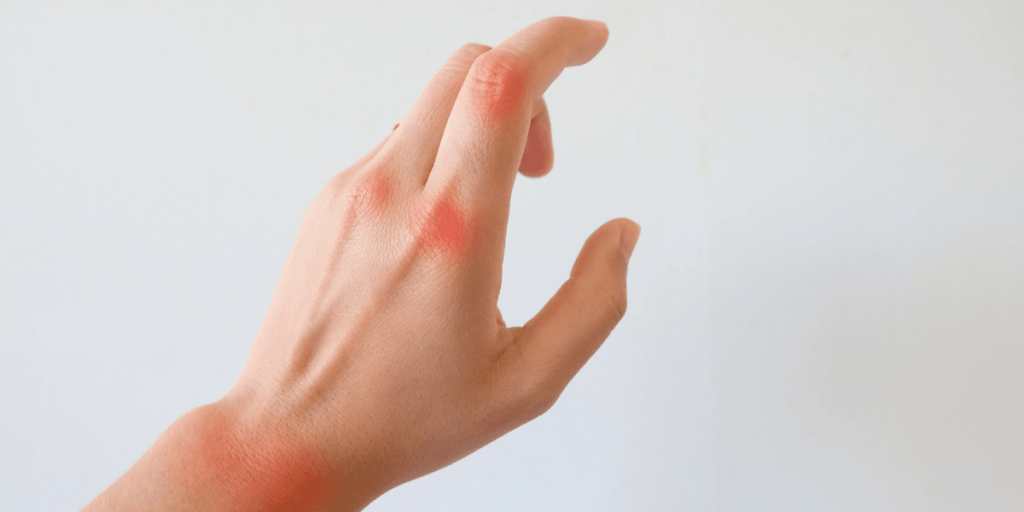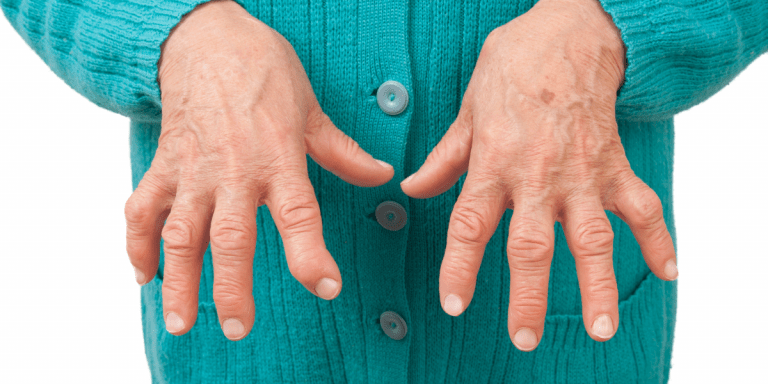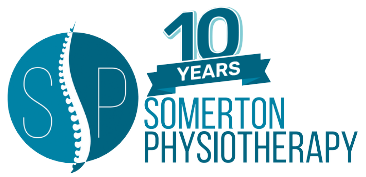Rheumatoid Arthritis and Physiotherapy
Rheumatoid Arthritis (RA) is a chronic inflammatory disease which causes pain and stiffness and swelling in joints. While RA is most commonly found in females rather than males, with a ratio of 3:1 and prevalent in 30-60 year olds, it can occur at any age.
What causes it?
Rheumatoid Arthritis is caused by the auto-immune system attacking the body’s own tissues, specifically the synovium, which is the lining of the joints. This leads to inflammation and damage to the joints thus resulting in pain and stiffness. The onset or cause of RA is not fully understood, but it is believed to be a combination of genetic and environmental factors.

What are the symptoms of Rheumatoid arthritis?
The most common symptoms of Rheumatoid Arthritis (RA) include joint pain, stiffness and swelling, most notably in the hands, wrists and feet. Heat and redness may also accompany the above symptoms. Other symptoms may include fatigue, fever and unexplained weight loss.
How is it diagnosed?
Diagnosing RA involves a combination of physical assessment and reviewing the patient’s medical history. If these indicate or give a suspicion of RA, your physiotherapist will refer you to your GP for further tests. This will include blood tests to assess for specific blood markers found in RA and for imaging tests (X-rays and MRIs) to assess the joints.
If all the above equate or increase the suspicion of RA, you would then be referred to a Rheumatologist, a doctor who specialises in the treatment and management of rheumatological diseases.
Is there a cure?
A Rheumatologist will not be able to offer you a cure for RA as there isn’t one, but they will present you with multiple treatment options to help manage your symptoms and aim to slow the progression of the disease. This is done via a select group of medications that work directly to slow progression and reduce inflammation in your body. In addition to medication your Rheumatologist will refer you for physiotherapy.
How can physiotherapy help Rheumatoid Arthritis?
Physiotherapy is an important aspect of your treatment of RA. The goal of your physiotherapist is to work with you to improve your joint mobility and protection, ease your pain and increase overall strength and mobility.

Joint stiffness is a common symptom of RA, our physiotherapists understand that this can make simple daily tasks quite challenging. Your physiotherapist will be able to assist you with exercises to help increase joint flexibility and reduce stiffness. Another common symptom or side effect of RA is muscle loss, this is due to the increased inflammation having a catabolic effect on your muscle and likely a decrease in your physical activity due to RA. Your physiotherapist will guide you through a rehabilitation programme that will aim to increase muscle strength, endurance and increase joint stability.
We tailor our rehabilitation programmes to the patient’s specific needs. Your physiotherapist may also discuss some lifestyle factors, such as smoking and weight, both of which have been shown to increase the severity of RA.
The above has specifically discussed RA, however there is a vast majority of many other rheumatological diseases.
To get in touch email us on [email protected] or phone us on (01) 9069566 . Follow us on Instagram for physiotherapy and clinic Updates.
